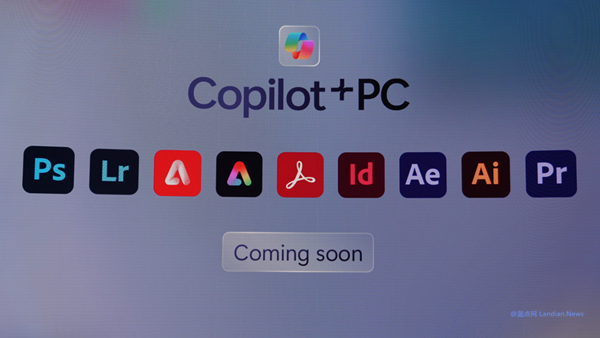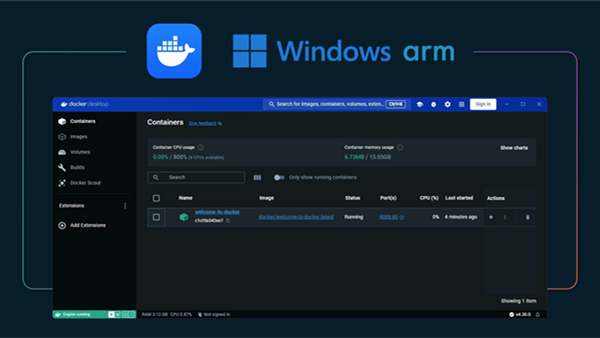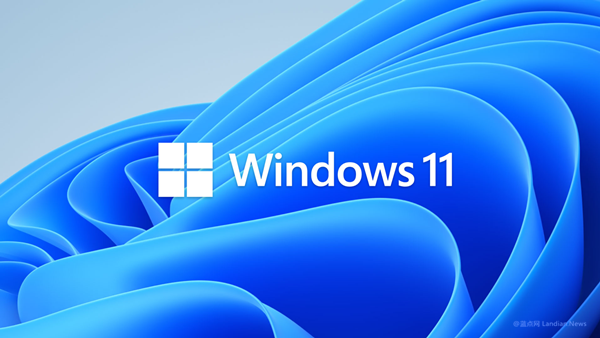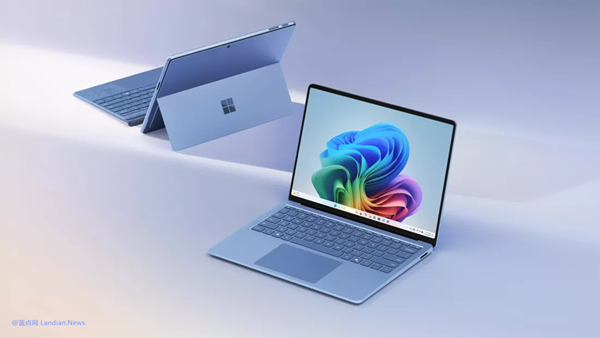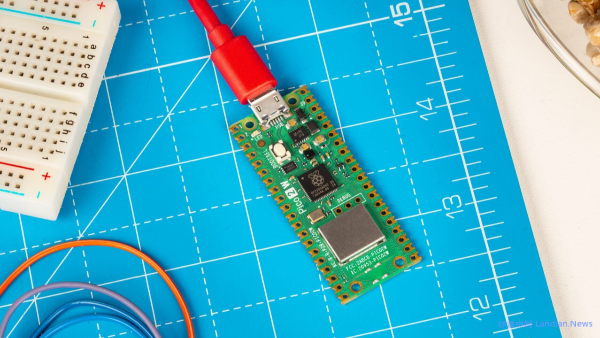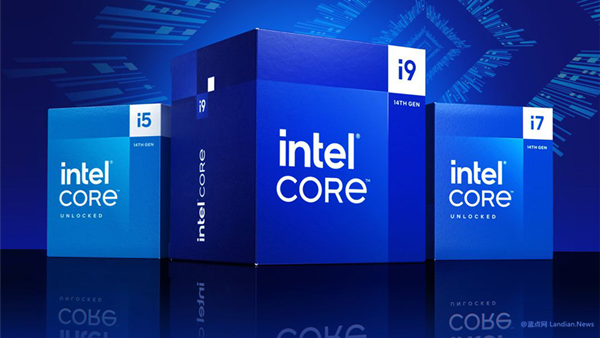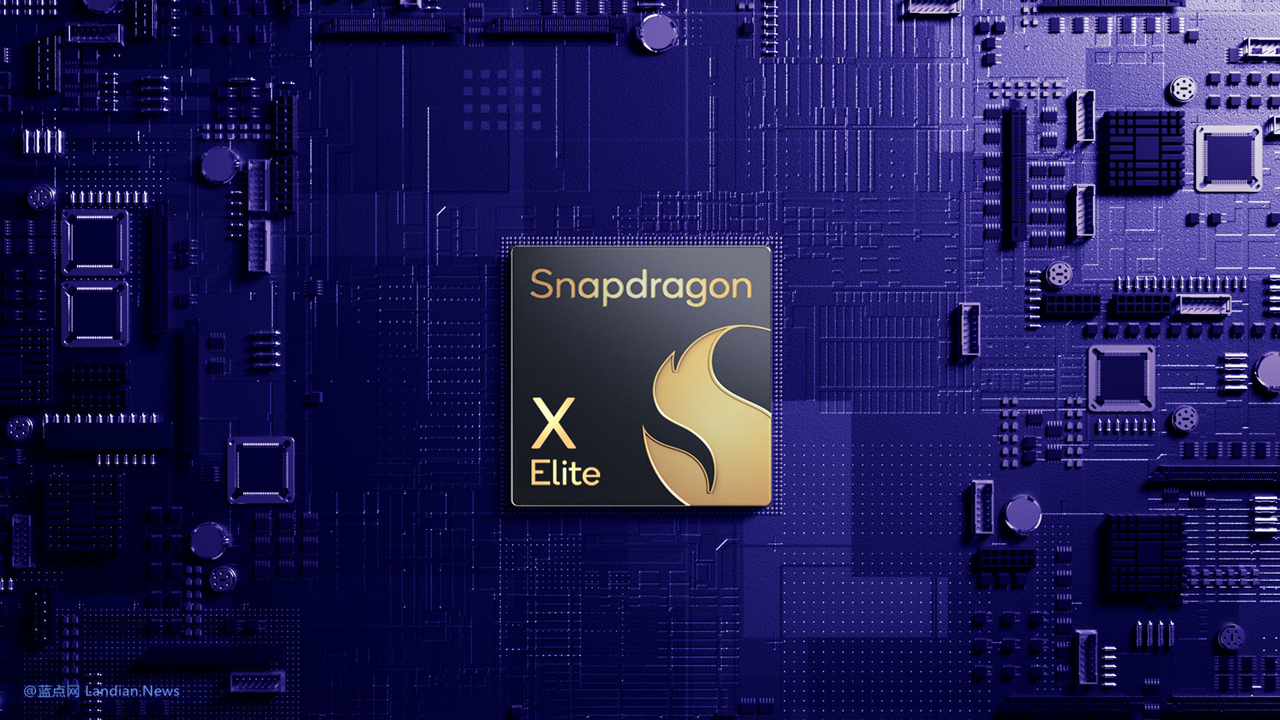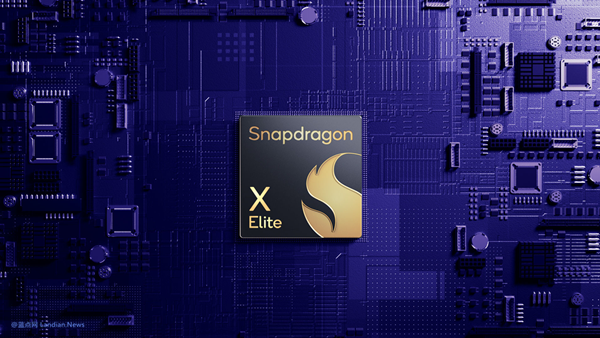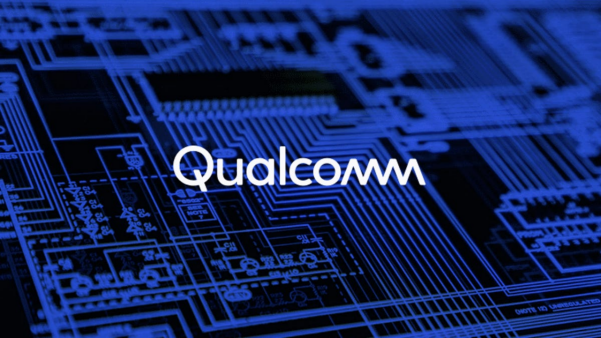Arm and Qualcomm's Legal Battle Moves to Court as Arm Demands Destruction of Nuvia Designs
The legal dispute between two titans of the chip industry has officially escalated: Arm's lawsuit against Qualcomm has entered the trial phase this week, with Arm demanding the destruction of all Nuvia designs developed prior to Qualcomm's acquisition.
The conflict arose from Qualcomm's acquisition of the chip design company Nuvia in 2021 for $1.4 billion. Following the acquisition, Qualcomm utilized Nuvia's technology and customized cores based on Arm v8.2, which are currently used in Qualcomm's Snapdragon X series chips.
Arm contends that Qualcomm did not renegotiate terms during the acquisition of Nuvia, and the patents and technology Arm granted to Nuvia were intended solely for Nuvia's use. Qualcomm's direct use of these technologies constitutes a breach of contract, according to Arm.
Nuvia had obtained patents and technology licenses from Arm at a relatively low cost, as Arm aimed to set lower fees for startups to encourage more chip companies to use the Arm architecture.
Since Qualcomm is not a startup, it would naturally be required to pay higher licensing fees. Industry estimates suggest that the different licensing terms could result in a loss of about $50 million per year for Arm, a publicly traded company that naturally does not wish to forgo this revenue.
Initially, Arm's demand was for Qualcomm to compensate for these patent licensing fees. However, Qualcomm did not agree, leading Arm to sue Qualcomm and demand the destruction of all Nuvia designs acquired before the purchase.
Qualcomm, on the other hand, argues that Arm's actions are part of a plan to compete with its clients. Qualcomm has submitted internal Arm documents to the court, hinting that Arm is considering designing its own chips, potentially turning Qualcomm and other Arm clients into competitors.
Arm denies these claims, stating that although the company is exploring various business plans, it has no intention of selling processors or actual hardware at this time.
Arm's strategy also includes sending letters to multiple OEMs, including Samsung, warning them of Qualcomm's infringing practices. These OEMs currently release devices using Qualcomm's Snapdragon chips, theoretically making these products infringing as well. Arm uses this approach to pressure Qualcomm, as OEMs like Samsung would not want to face lawsuits from Arm for launching products with Qualcomm Snapdragon X laptops.

